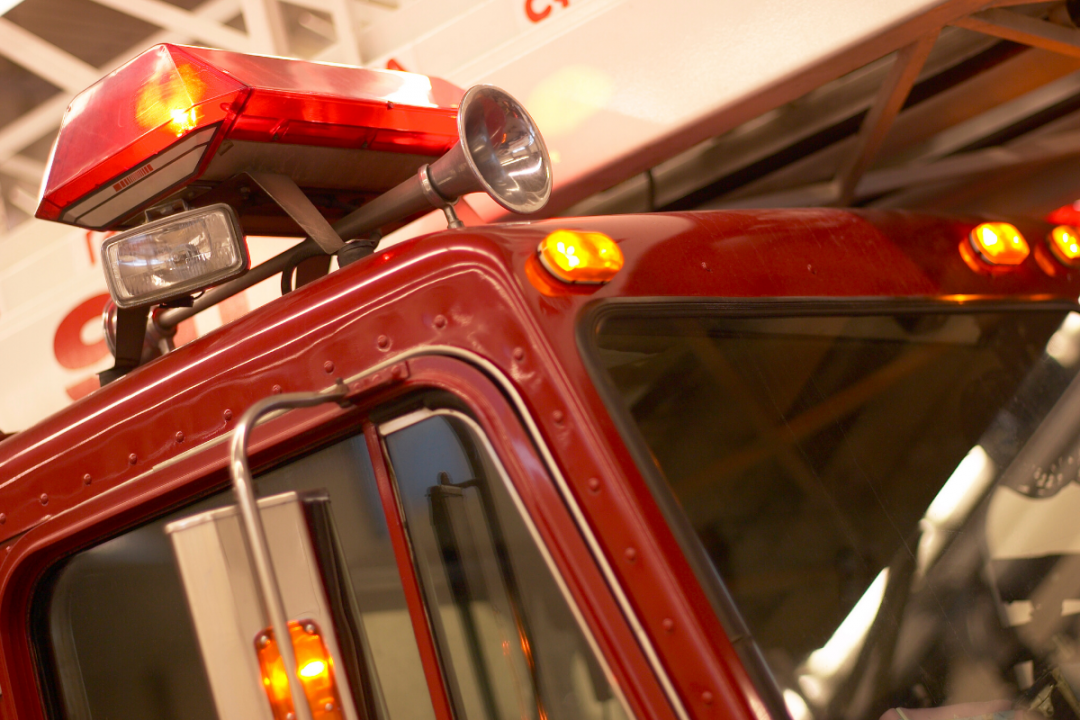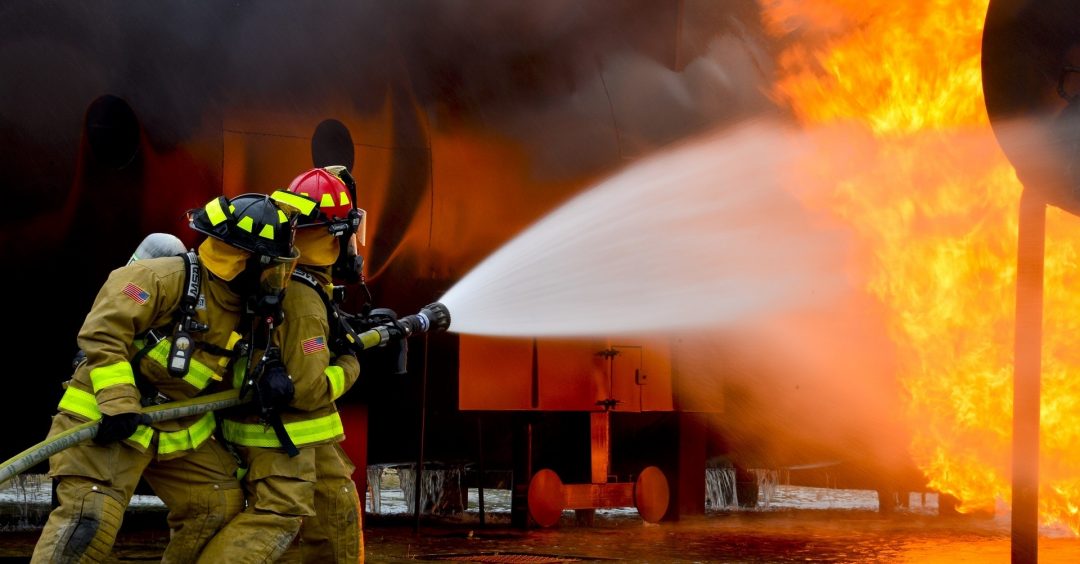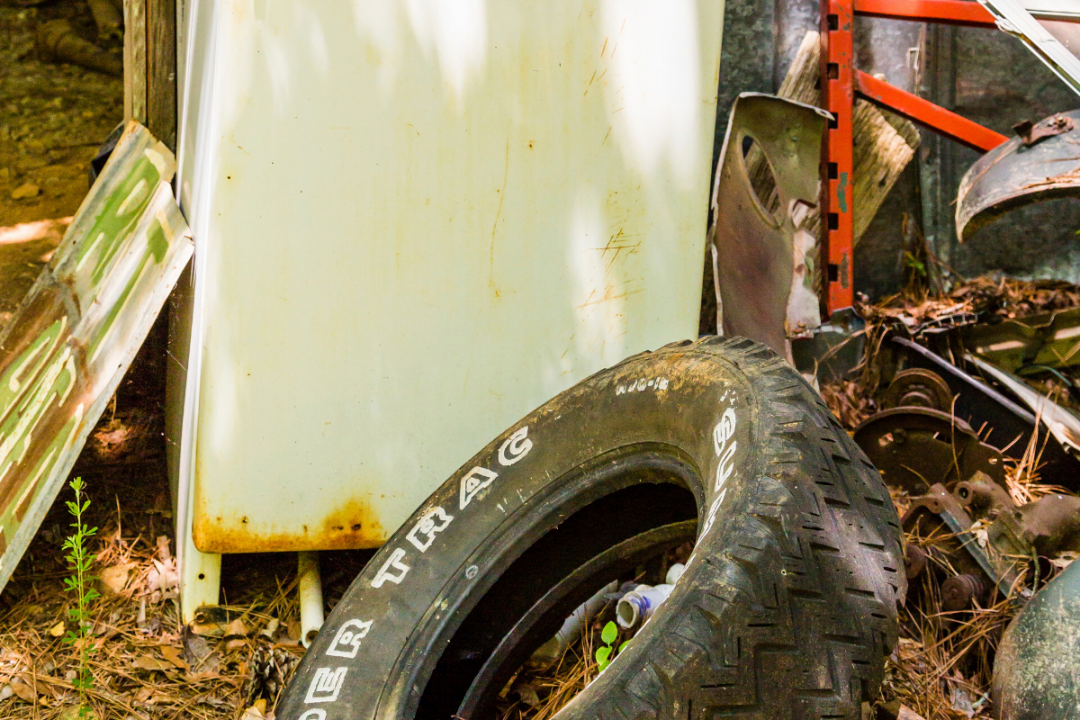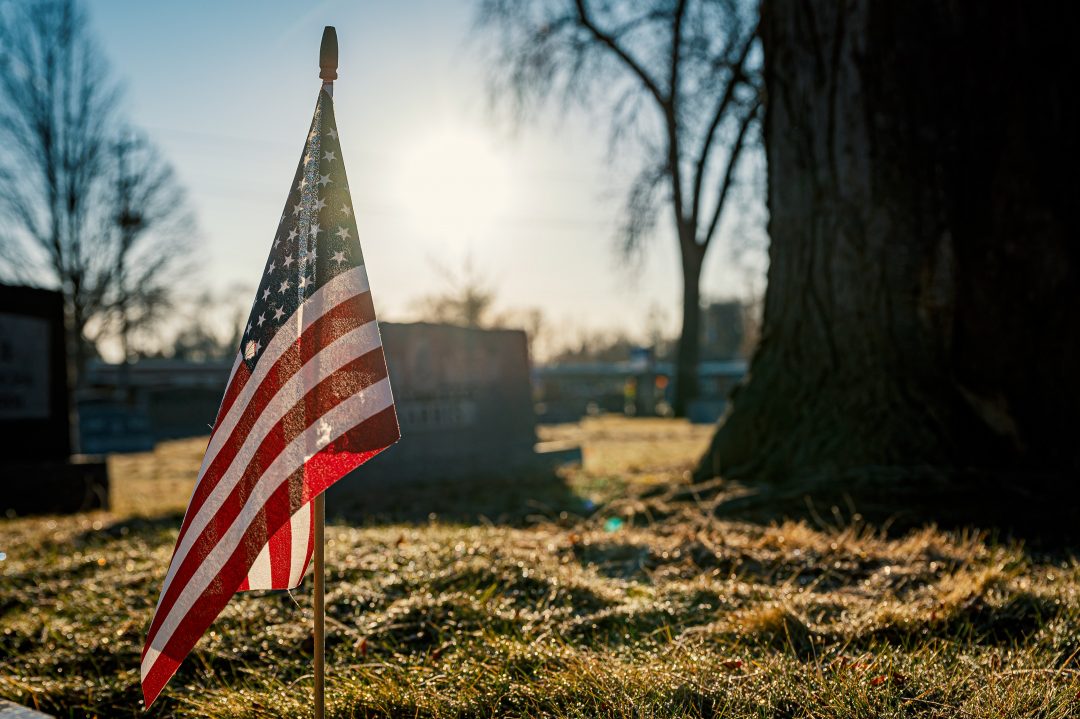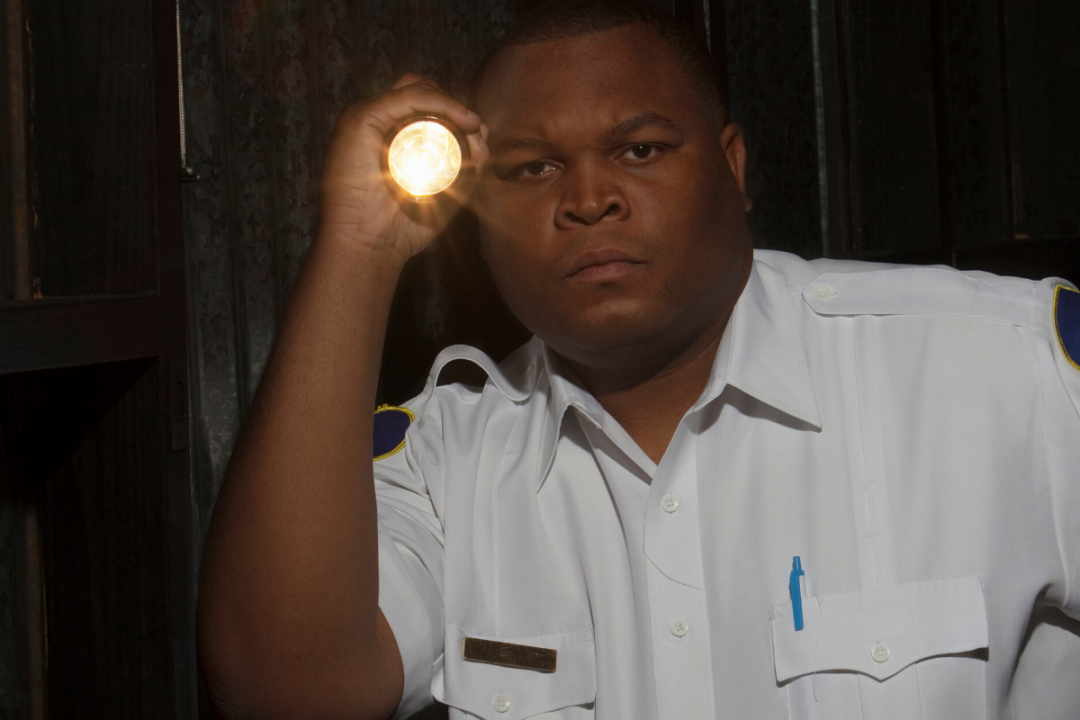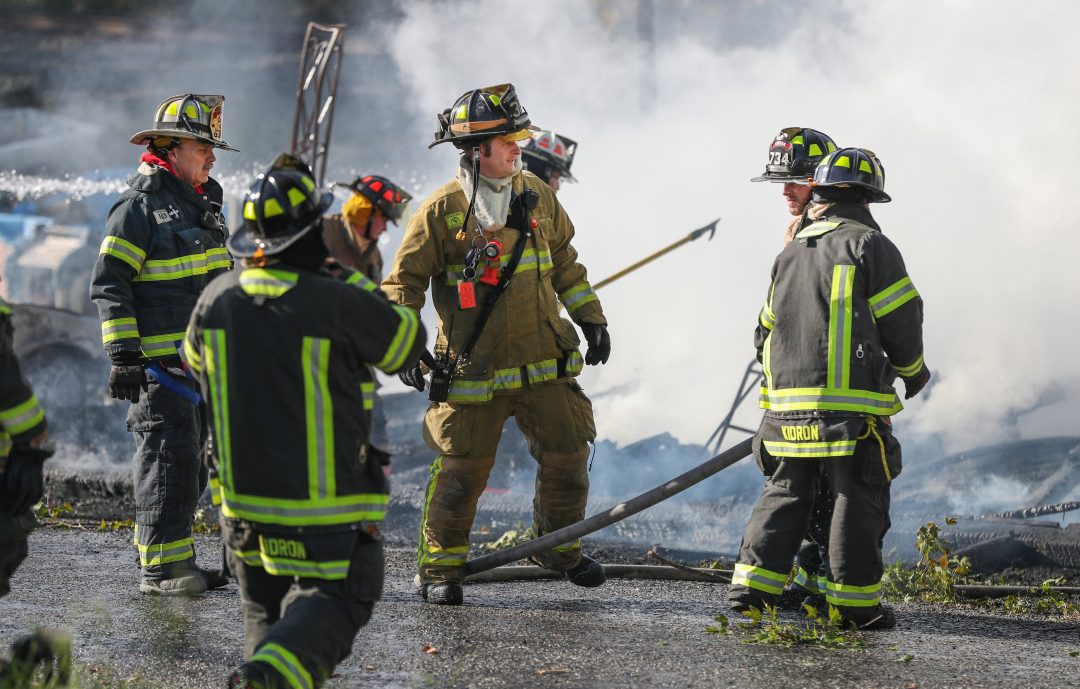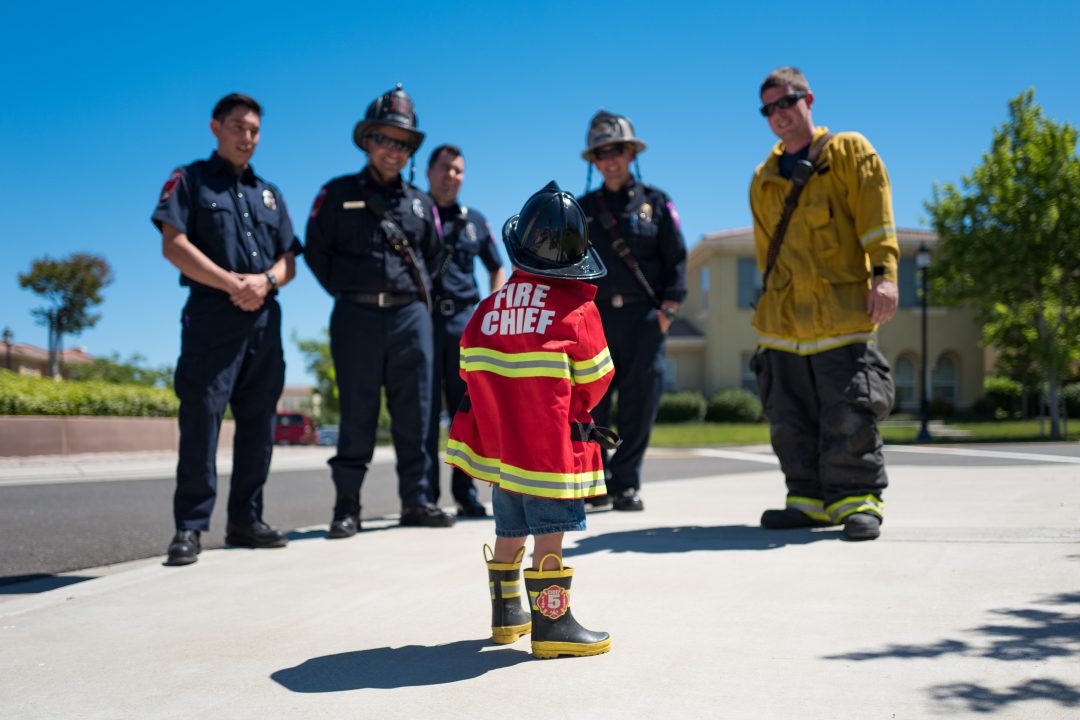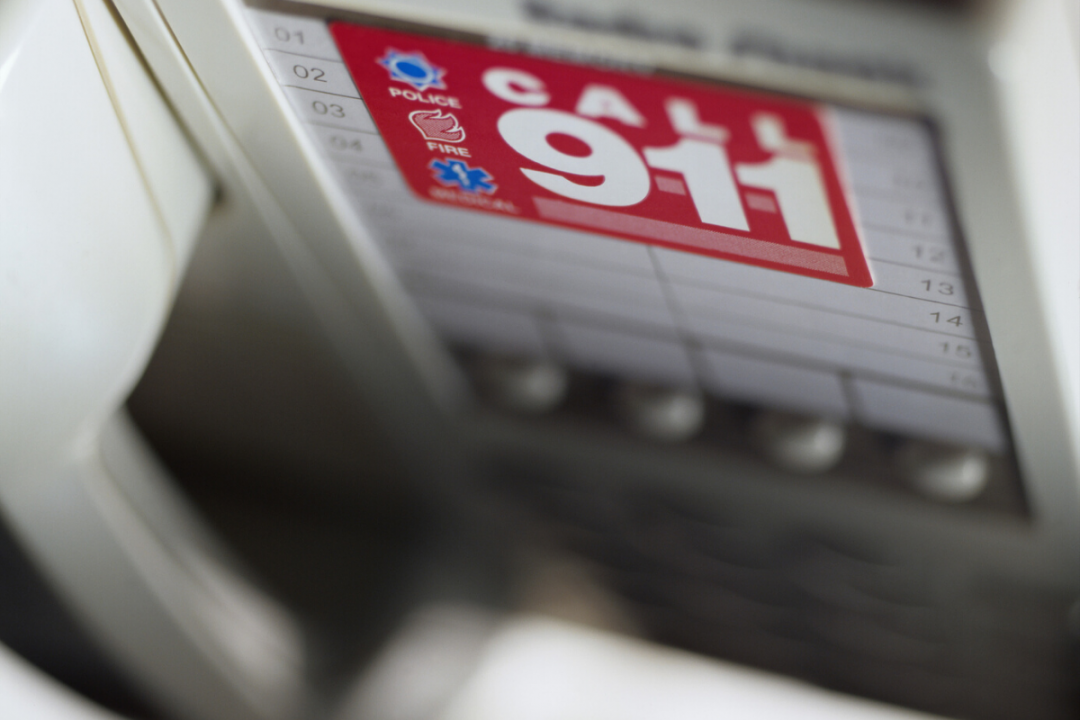SO, WHAT’S THIS ABOUT ‘QUICKTIPS’?
If you’re reading this, you’re probably a trustee of an Illinois fire protection district, or interested in becoming one. If so, good, and thanks for your willingness to serve. Once upon a time, I was also a trustee of an Illinois fire protection district. I’m an attorney, so my legal experience was helpful background to have when I became a fire district trustee.
But that legal experience didn’t, by itself, prepare me to be a trustee. That legal experience really just meant that I was familiar with some of the concepts, and I knew where to look for some of the answers. My law school, good as it was, didn’t teach any courses about being a government official. So, when I became a trustee, I really knew very little about what the job entailed, and what the responsibilities were. Plus, times are different now — the time when I served as a trustee was many years ago, and the job of being a trustee has gotten a lot more complex since that time.
Which is why I decided to write this web material, which I’m calling “Trustee Quicktips”. Before I was a trustee, or even a law student, I was a Boy Scout. In those days, to be a Boy Scout, you had to learn “basic first aid”. And it was REALLY BASIC first aid. It didn’t make someone an expert in all things medical; after passing the basic first aid class, a person couldn’t do brain surgery, or do anything close to it. The goal of the first aid class was simple; teach young boys how to do the very basic things that need to be done to keep someone as safe as possible until the real help arrives.
That’s how I see the information that you’re reading now. “Quicktips” are the really basic stuff. It’s basic information for the new trustee, to give that new trustee some idea about the very basic information that they need before the real help can come. Don’t expect the information here to do more than provide basic information, information that you should supplement as soon as possible. Until that later help comes, however, hopefully this information will be a helpful starting place. You should be able to read all of it in about an hour or so – two hours tops! So, read on, and good luck! Your fire department and your community are counting on you!
QUICKTIP #1: HERE’S WHAT BEING A TRUSTEE MEANS
So, you’re either now a trustee of a fire protection district, or someone has suggested that you become one. Maybe becoming a trustee is an idea that you yourself have – and you want to know what the job involves. In any event, if the last few sentences you read describe you, then this information is for you.
So, what exactly, is a trustee? A trustee is a government official responsible for the administration of an Illinois fire protection district. Some trustees are elected, some trustees are appointed. Illinois laws (and these “Quicktips” are limited to persons serving in Illinois) determine what method of choosing trustees apply to your fire protection district. And the “your” in that last sentence is important, because to be a trustee of a fire protection district, a person must live within the boundaries of the fire district, and be a registered voter. There aren’t many other qualifications to get the job. But, hopefully, after getting the job, a person moves on to learn how to do the job well.
Maybe the most important thing for a trustee to know is that a trustee generally doesn’t have any power to act individually. Trustees are members of a group, a “Board of Trustees”. A trustee’s power comes from the power of the entire Board of Trustees, and boards generally act as a group, “in meeting assembled”.
What do boards of trustees do? Trustees manage the money of the fire district, appoint a fire chief and other firefighters, and see that their community is as safe as possible from fires and other tragedies. Often, the fire protection district provides some form of emergency medical services, as well as responding to vehicle accidents, chemical spills, incidents on lakes and rivers, and similar emergencies within the fire district. Most fire departments also have agreements with other fire departments in their geographic area to assist these other fire departments if an incident occurs that is beyond the resources of the original fire department to control (something called “mutual aid”).
These are important responsibilities. Because of the importance of these responsibilities, a trustee can’t have any loyalty to another person or another job that might conflict with the responsibilities to the fire protection district. So, a trustee must always be free of any “conflict of interest” that might interfere with the trustee’s responsibility, in all circumstances, to put the interests of the fire district first.
Being a trustee isn’t a lifetime appointment. Trustees serve for a definite term of office. The length of the term depends on the manner in which the trustee is chosen.
All the trustees, together, are responsible for the work of the Board of Trustees. But the trustees generally divide up some of the work by choosing officers for the board: typically a president, a secretary, and a treasurer.
QUICKTIP #2: “YOU GOTTA FOLLOW THE LAW”
Laws create fire protection districts, and laws govern how a fire protection district – and its trustees — must operate. As a result, laws from all levels of government place demands on what fire districts can and cannot do. So, it’s important for a trustee to know a little bit about these laws.
- The first and most important law that applies to fire districts is the United States Constitution. Now that’s likely not the first law that a trustee might think applies to a fire protection district. However, because it’s the most important law in our nation, the Constitution does apply to what trustees can and cannot do. For example, the Constitution prevents fire districts from discriminating against someone because of the person’s race or religious beliefs.
- Federal laws passed by Congress in Washington, D.C. also regulate what trustees can do. For example, if a fire district pays compensation in any form to its firefighters, there will be federal income tax laws that will need to be followed.
- Various Illinois laws created by the state legislature in Springfield will need to be followed. For example, the Illinois “Freedom of Information Act” describes how a fire district must respond if someone requests information about the operation of the fire protection district. Among the most important and comprehensive of the laws that fire districts must follow are those contained in the Illinois “Fire Protection District Act”, found at 70 ILCS 705.
- And even actions by local officials can impact the operation of the fire district. Local governments can create TIFs (tax increment financing districts) that will determine the tax monies that will come to the fire department from property located within the boundaries of a TIF.
- And there are even more legal requirements. Various federal and state administrative agencies like the “Occupational Safety and Health Administration” (“OSHA”) and the Illinois Department of Labor (“IDOL”) will have a say in what happens in the firehouse.
So, trustees must be familiar with these laws, and what they require of fire districts. Many of these laws contain penalties for their violation, so it is important that applicable laws be understood and followed.
And if that’s not enough, there are also some private organizations, like the National Fire Protection Association (“NFPA”) that give direction to the fire department about fire department operations.
Whew!
QUICKTIP #3: “LAYING DOWN THE LAW” TO OTHERS
Yes, trustees have to follow the law – no real surprise there! But boards of trustees also have the ability and the responsibility to also create laws (well, not really laws, but regulations) that apply to themselves, to their firefighters, and to persons living within their districts.
- What kinds of rules would a board of trustees adopt to govern themselves? There are potentially very many. For example, as a group, trustees need to have rules that describe how they will act towards themselves and others. “Bylaws” set out the operating rules for how the board will govern itself, and the roles that different trustees will play (president, secretary, treasurer). A purchasing/procurement policy will explain how trustees go about securing items that are needed for the operation of the fire department. A travel and reimbursement policy will outline the steps that someone associated with the district will take if they travel on fire district business, and seek reimbursement for those expenses. Citizens may want to attend trustee meetings, and raise issues of concern. A “public comment policy” will outline the process to be followed.
Lots of other examples exist as well.
- What kinds of rules would a board of trustees adopt to govern firefighters? Again, there are potentially very many. “Smart phones” and Facebook are everywhere these days, but not everything a firefighter sees or hears should be shared with others. So, a “social media policy”, telling firefighters what they can and cannot share on social media, is probably a must. Marijuana is legal in Illinois now, so trustees should address whether a firefighter can use cannabis during off-duty hours (the statute doesn’t allow recreational use on duty). Volunteer firefighters can use “blue lights” on private vehicles when responding to emergencies, but trustees should provide guidance on when a volunteer firefighter will receive permission from the fire department to install a blue light, and circumstances under which it can be used. Lots of other examples exist.
- What kinds of rules would a board of trustees adopt to govern citizens? While the number of such rules is likely less than those that govern the Board of Trustees and firefighters, there are still circumstances where trustees can pass rules that govern the general public. Finances are always tight, so a fire district might choose to recoup some of its costs by imposing a charge on non-residents for services that the fire department provides to non-residents when responding to a call for assistance to a non-resident. There may be times when the fire district has need to ban open burning within its district. For these, and other reasons, the Board of Trustees may choose to adopt rules that govern or restrict activities of others. Other examples also exist.
QUICKTIP #4 “NOWHERE TO HIDE”, OR A DISCUSSION OF PUBLIC MEETINGS
The most obvious way that trustees fulfill their job as trustee is by participating in meetings of the “Board of Trustees”. But these meetings are unlike other meetings that a trustee might attend, such as those of a card club, a church group, a sports league, or a civic organization like Kiwanis.
The purpose of a meeting of a Board of Trustees is to do public business. And because it’s public business, there are some very specific rules that govern these meetings. The most important of these rules is the Illinois “Open Meetings Act” (5 ILCS 120). The “Open Meetings Act” describes what must happen before, during, and after a meeting of the Board of Trustees, so that the meeting can be conducted legally.
Every trustee needs to be familiar with the “Open Meetings Act”. In fact, that knowledge is so important that Illinois law requires that every trustee attend an electronic on-line training session that provides an orientation to this law (5 ILCS 120/1.05). In addition to this Illinois state law (the “Open Meetings Act”), it is also good for a Board of Trustees to have its own set of operating guidelines, to cover those parts of meeting requirements that aren’t covered by the “Open Meetings Act”.
So what does the “Open Meetings Act” say should happen before, during, and after a “public meeting”?
- Before the meeting, an agenda must be prepared and posted, to let everyone — not just the trustees — know what will happen at the meeting. And the public must be informed of the date, time, and place of the meeting, so members of the public can decide if they want to attend the meeting.
- During the meeting, the Board conducts the meeting, and follows the previously-announced agenda for the meeting. The Board can only act on a matter if it is on the agenda. Notes are kept during the meeting, so that there will later be a record of what happened at the meeting. And members of the public must be allowed to speak at the meeting.
- After the meeting, whatever action was agreed to at the meeting takes place. And the notes that were kept during the meeting are turned into minutes for the meeting, so that they can be reviewed for accuracy and approved by the trustees at a later meeting of the Board of Trustees.
Meetings of the Board of Trustees are public meeting, because they are used to conduct the public’s business. The public notice that must be posted in advance of the meeting is necessary because the general public has a right to know when its business is being conducted. Because of this, if there are three trustees on the Board of Trustees, no trustee can have any “contemporaneous interactive communication” with another trustee about fire district business outside of a publicly announced meeting. If there are more than three members of the board, the rules about what kinds of communication trustees can have between publicly-announced meetings are somewhat different.
There are generally three types of meetings of a Board of Trustees: regular meetings, special meetings, and emergency meetings. Different kinds of notice are required for each of these three types of meetings. Sometimes a meeting will be adjourned, and continued to a later date.
Trustees must transact most of the fire district business in “open” sessions. However, Illinois law allows some types of business to be conducted in “closed” or “executive” session (5 ILCS 120/2).
QUICKTIP #5: “HOW DO WE PAY OUR BILLS?”
Like any family, business or other organization, a fire protection district needs money to operate. The “money” responsibilities of a trustee generally fall into three categories: the responsibility to raise the money, the responsibility to spend the money wisely, and the responsibility to report to others about the money.
- The responsibility to raise the money: The fire district and the fire department can’t operate without money in the bank. Most of the money that a fire district uses to operate comes from taxes on the value of real estate located within the geographic boundaries of the fire protection district. In order to raise the money from real estate taxes, generally the trustees must prepare and adopt two different documents: a budget/appropriation ordinance, and a tax levy ordinance. Prior to adoption of these ordinances, the Board of Trustees must provide specific types of notice to the public.
The budget/appropriation ordinance tells the public how much money the fire district will need to operate during its “fiscal” year, and what the money will be used for. The district’s fiscal year can be the same as a calendar year (January 1 through December 31), or the district can adopt its own twelve-month “fiscal”/financial year (for example, July 1 of one year through June 30 of the following calendar year) This budget/appropriation document is important for a number of reasons. One of the most important of these reasons is that, if the Board hasn’t identified and appropriated money for a certain purpose, the board doesn’t have the legal power to spend the money for that purpose, even if the board has money in the bank that would cover this expense.
The tax levy ordinance is a direction to the county officials to impose the tax on real estate. This tax levy ordinance must be filed with the county(ies) no later than the last Tuesday in the calendar year.
- The responsibility to spend the money wisely: Once money has been budgeted/appropriated and received from the county as a result of the tax levy ordinance, the money must be spent wisely. Among other things, this requires that, generally, if the trustees are going to spend more than $20,000.00 to purchase something, the trustees will need to solicit public bids for the purchase, and follow a very specific procedure to accept a winning bid. An additional requirement to spend wisely is the requirement that a trustee can’t have a direct or indirect financial interest in what is being purchased.
- The responsibility to report to others about the money: Because the money that trustees spend originally belonged to the public, the trustees must report to the public (and other governmental agencies) about this money. There are generally three documents that the Board of Trustees must prepare to make this report.
- Each fire protection district in Illinois must file with the State of Illinois Comptroller an “Annual Financial Report” (AFR). This report is filed electronically within 180 days of the end of the district’s fiscal (financial) year.
- Each fire protection district in Illinois must file with their county clerk(s) a paper copy of the “Annual Financial Report” (AFR) described above. This report must also be filed within 180 days of the end of the district’s fiscal (financial) year.
- Each fire protection district in Illinois must also prepare a separate document, a “Statement of Receipts and Disbursements”. This statement is also filed with the county clerk(s). In addition, unless the fire district has an audit performed by a Certified Public Accountant, the statement must also be published in a newspaper. Illinois statutes describe what this “Statement of Receipts and Disbursements” needs to contain.
- In some cases, an audit of the district’s finances by a CPA must also be performed.
And, unfortunately, any discussion of public funds should also contain a recommendation that trustees put adequate safeguards in place to protect fire district funds from theft, misappropriation, and unauthorized expenditures. While we want to believe that everyone who has access to fire district funds is honest, history, unfortunately, shows that this is not always the case. Multiple examples exist from around the state of individuals stealing from fire districts. An important responsibility of each trustee is to safeguard monies (and other assets) within the fire district’s control.
QUICKTIP #6: “HELP, WE NEED SOMEBODY!”
A fire district can’t fight fires without people. So, the Board of Trustees will typically need to recruit and appoint a fire chief, other command personnel, and firefighters. (There are a limited number of districts – such as “paper” districts — that don’t have their own personnel. Districts of this type are ignored in this discussion). Some fire districts are staffed by paid, career, full-time firefighters. There are special rules in the Illinois Fire Protection District Act (70 ILCS 705) that govern the selection and treatment of these “career” firefighters.
Some fire protection districts are staffed entirely by volunteer firefighters. In addition, some fire districts are staffed by different combinations of the firefighters described above, including POC (paid on call) firefighters. Regardless of the type of firefighter personnel who staff the fire district, there should be clear guidelines in place regarding the recruitment, selection, promotion, discipline, and termination of personnel.
All districts should use a written application process for the selection of its firefighters, and perform such background checks and other evaluations as are necessary to help insure that only qualified applicants become members of the fire department.
Firefighting is a dangerous occupation. As a result, the trustees have an obligation to insure that those persons on the department are at all times physically fit for the demands of the job. Some of the dangers of firefighting are obvious, such as entering a building engulfed in flames. Some dangers are less obvious, such as the exposure to carcinogens, and mental health issues that can result from responding to dangerous crisis situations.
Firefighting is even more dangerous if personnel are not adequately trained to perform the job. This means that trustees must make certain that the fire department provides regular, quality training suited to the hazards that its firefighters will face. Some of this training can be provided in-house. Some of it can be provided by neighboring fire departments. In addition, various other organizations exist that provide training throughout the state, such as the Illinois Fire Service Institute, which is part of the University of Illinois in Champaign-Urbana.
QUICKTIP #7: KEEPING PERSONNEL SAFE
As discussed in another “Quicktip”, firefighting is a dangerous occupation. As a result, trustees have a responsibility to do everything reasonably possible, within practical and budgetary constraints, to keep fire department personnel safe. Some of these safety issues are discussed elsewhere in these materials. However, a particular responsibility of the trustees is to make certain that the fire department complies with the “Occupational Safety and Health Administration” requirements on fire departments enforced by the Illinois Department of Labor. Some of these requirements relate to documents that the fire department must create and maintain. Some of the requirements relate to actions that the fire department must take to create a safe workplace and incorporate safe practices into a dangerous occupation. Among the “action” requirements are the following:
- If fire department personnel are potentially exposed to blood or other bodily fluids, the fire department must have a written “Bloodborne Pathogens Program”, annual training for personnel, and take action regarding Hepatitis B vaccinations.
- For firefighters using “Self-Contained Breathing Apparatus”, a written respiratory protection program must be implemented and followed, which will include annual training, medical evaluations, fit-testing of respirators, and breathing air that meets OSHA standards.
- A firehouse environment that is generally free of hazards.
QUICKTIP #8: “YOU MEAN WE CAN BE SUED?”
Everyone knows that firefighting is a dangerous occupation, performed under great stress and fast-changing circumstances. Because of this, even with the best of intentions, and with trained personnel and excellent equipment, things can sometimes go wrong. Obviously, the best defense to a liability claim is to operate in such a manner that prevents mistakes from being made. But, we can never know when mistakes might happen. If something goes wrong, then an injured party may seek compensation for the damage to person or to property that results.
The good news for trustees is that the laws are generally written in such a way as to protect the firefighters and the fire protection district from claims for wrongdoing. Usually, a small error will not result in liability for the fire department. But, especially if the fire district and its personnel have acted in a “willful and wanton” manner, a lawsuit may be filed.
Because of this, it will be important for the trustees to secure appropriate insurance coverage to protect the fire protection district, the trustees themselves, and the fire district’s firefighters. The exact type of insurance that the trustees should purchase will depend on the types of operations that the fire district is engaged in. The insurance needs of a district that operates an emergency ambulance service will be different, for example, from a district that never responds to EMS calls. The trustees should regularly review and evaluate the insurance that is in place, to make certain that the district has appropriate coverage, and coverage in amounts that represent a realistic assessment of the potential exposure that the fire district has as a result of its operations. As personnel and equipment change, these changes should be reflected in the records of the insurance company.
QUICKTIP #9: “GIVE ‘EM WHAT THEY NEED.”
The equipment demands of the first fire departments in the United States, those formed in 1736 when Benjamin Franklin was in his prime, were few. Much of the time, they relied on buckets being available in the vicinity of a fire so that the firefighters could form “bucket brigades” to douse the flames. But as society has grown and changed, so have the demands of the contemporary fire service. It is a part of the responsibility of a trustee to see that the firefighters in his/her fire department have the equipment resources required to adequately perform their duties. And this can’t be a “once and forget it” responsibility. Equipment wears out, and equipment capabilities are constantly being upgraded. Trustees need to budget for the present and future needs of their department.
And trustees need to be certain that the equipment is “fit” for the purpose and duty for which it will be used. As research has moved forward, and technology has advanced, various professional standards have been developed to insure that equipment purchased for fire department use is up to the task. While there are also other standards and specifications that may apply, those standards of the National Fire Protection Association (“NFPA”) are the ones that most commonly apply to equipment used in the fire service in the United States.
Sometimes, a fire department (especially small and volunteer departments) will buy used equipment that has previously been in service with another department. When equipment is purchased new by the Board of Trustees, it will be important to review the warranty provisions that apply to that equipment.
QUICKTIP #10: “IS THAT ALL THERE IS?”
“Is That All There Is?” Well, the short answer is “No”.
If you’ve read these ten “Quicktips” from the very beginning, I hope that they proved helpful to you. I said at the outset that they were intended to be only the first word about information that you need to knowledgably and conscientiously serve as a trustee of a fire protection district in Illinois. These “Quicktips” are no more the last word on the subject than a Boy Scout “first aid merit badge” is the pinnacle of achievement for medical knowledge.
So, if this isn’t the last word on the topic, what is? Well, unfortunately, there isn’t any “last word”. As long as the legislatures continue to meet in Washington, D.C. and Springfield, and as long as judges continue to interpret laws, the last word remains unwritten. So, you will never be done learning all that you need to know to competently serve your community as a fire protection district trustee.
But, there are additional places where you can go for help. What’s listed in this “Quicktip” isn’t an exhaustive list, but here are some additional sources of reliable information that you can use, as you go about the never-ending task of acquiring the knowledge that you need to competently serve your fire department and your community.
- The Illinois Association of Fire Protection Districts, 1201 S. Sixth Street, Springfield, Illinois 62703 (217) 525.6620 info@iafpd.org
- The Illinois Fire Service Institute, 11 Gerty Drive, Champaign, Illinois 61820 fsi@illinois.edu (217) 333-3800 and (800) 437-5819
- The National Fire Protection Association, 1 Batterymarch Park, Quincy, Massachusetts 02169-7471 (800) 344-3555
- The Office of the State Fire Marshal, 1035 Adlai Stevenson Drive, Springfield, IL 62703 (217) 785-0969
- The Illinois Fire Chiefs Association, PO Box 7, Skokie IL 60076-0007 847-966-0732 800-662-0732 mgriseto@illinoisfirechiefs.org

